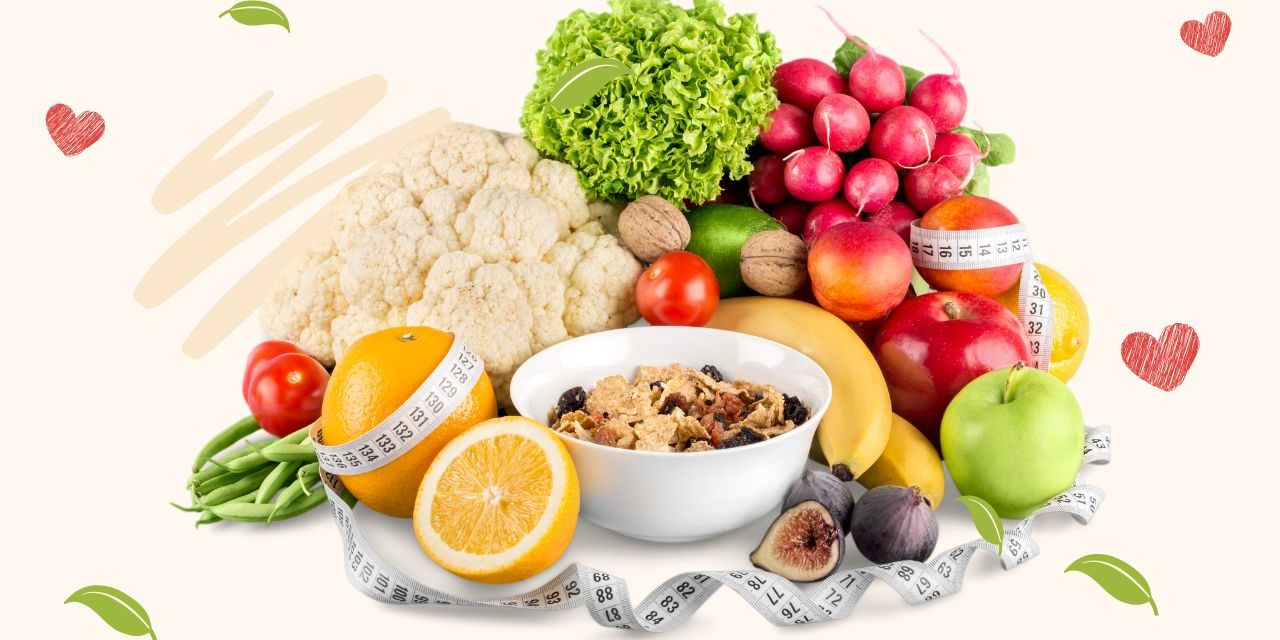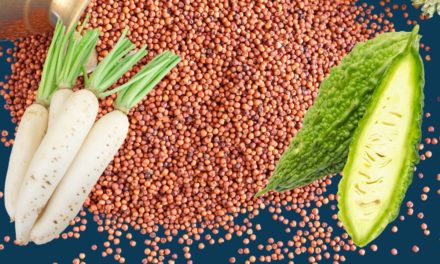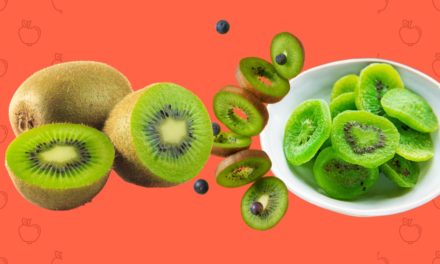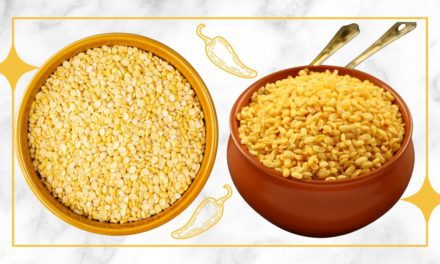Introduction
The prostate gland is an important part of the male reproductive system, responsible for producing the seminal fluid that nourishes and transports sperm. As men age, the risk of prostate-related problems, such as prostate enlargement and cancer, increases. Although diet alone cannot prevent or cure prostate problems, research shows that adopting a prostate-friendly diet can support prostate health and reduce the risk of complications. In this article, we’ll explore the essential components of a prostate diet and how they can contribute to maintaining a healthy prostate.
Load up on fruits and vegetables.
A diet rich in fruits and vegetables provides essential vitamins, minerals and antioxidants that promote overall health, including prostate health. Tomatoes, watermelon, pink grapefruit and guava are particularly beneficial because they are high in lycopene, a powerful antioxidant that supports prostate health. Cruciferous vegetables such as broccoli, cabbage and kale contain sulforaphane, which has shown promising effects in reducing the risk of prostate cancer.
Embrace healthy fats.
Adding healthy fats to your diet is essential for a healthy prostate. Omega-3 fatty acids found in fatty fish such as salmon, mackerel and sardines have anti-inflammatory properties, which can help reduce prostate inflammation. Additionally, flaxseeds, chia seeds and walnuts are excellent plant-based sources of omega-3s.
Whole grains for fiber
Whole grains, such as brown rice, quinoa, whole wheat and oats, are high in fiber and can help maintain a healthy prostate. A diet rich in fiber can regulate bowel movements and promote the elimination of harmful substances from the body, potentially reducing the risk of prostate problems.
Choose lean protein.
Choose lean sources of protein to support prostate health. Skinless chicken, tofu, beans, lentils, and legumes are great alternatives to red meat. High consumption of red meat is associated with an increased risk of prostate cancer, so limiting its intake is advised.
Stay hydrated with water
Adequate hydration is vital for overall health, including prostate health. Drinking adequate amounts of water helps flush out toxins from the body and helps the prostate function normally.
Moderate milk consumption
Although some studies suggest a possible link between high milk intake and an increased risk of prostate cancer, the evidence is still inconclusive. If you choose to include dairy in your diet, choose low-fat or non-fat varieties, and eat them in moderation.
Limit processed foods and sugar.
High consumption of processed foods, sugary snacks, and salt should be minimized, as they are associated with various health problems, including inflammation, obesity, and insulin resistance, which indirectly affect prostate health. can do
Result
While diet alone cannot guarantee perfect prostate health, incorporating a prostate-friendly diet can be an active step toward maintaining a healthy prostate. By including an abundance of fruits, vegetables, healthy fats, whole grains, and lean protein in your diet, you can provide your body with the nutrients it needs for overall wellness, including your prostate health. Always consult a healthcare professional for personalized advice and regular checkups to monitor your prostate health. Remember that a balanced lifestyle, along with a nutritious diet, can go a long way in protecting your prostate for years to come.










